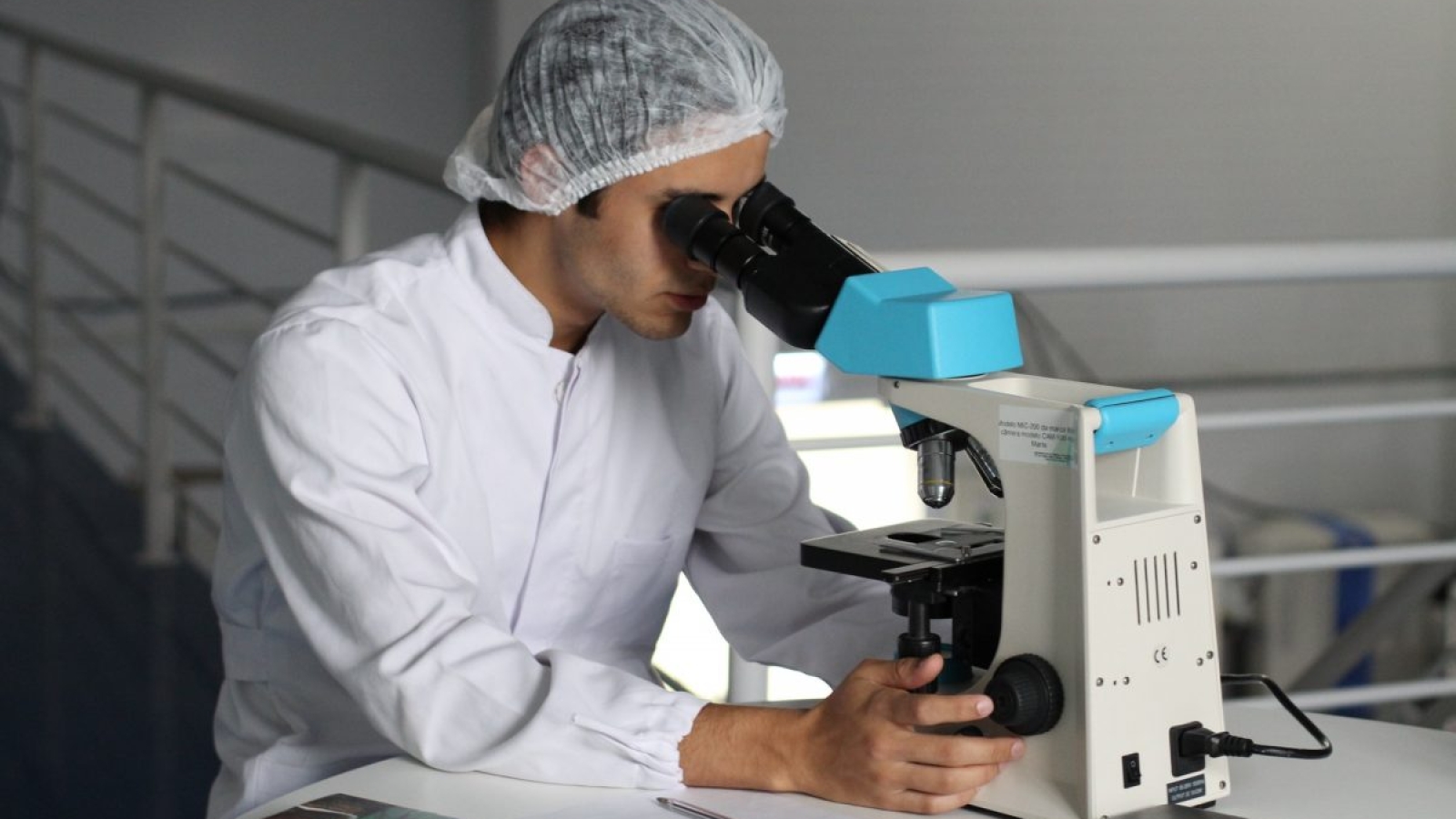Rare Disease Patient Recruitment Using Digital Ads
Reading through a recent special report on rare diseases in the excellent Raconteur supplement – a topic-based collection of high quality articles that is given away in The Times – I started to think about the complexities of targeting an audience for clinical trials when their condition is a rare one.
Facebook is well-known for its functionality when it comes to targeting ads to particular demographics and geographical locations, but its ‘killer app’ is essentially its ability to target people by their Interests. (Enabling you to, for example, target people whose internet browsing behaviour indicates they are likely to be in the market for a washing machine, Spanish holiday, new car etc).
When it comes to clinical trials, though, the range of Interests that are available for targeting is far more limited. For instance, there is an ‘Alzheimer’s disease’ Interest that we can use for targeting, but not a ‘Lewy body’ Interest – which would be more useful for targeting people with this rarer form of dementia.
On top of this, Facebook’s terms state you aren’t allowed to identify someone’s personal characteristics within the ad copy itself – such as by asking them a direct question pertaining to any condition they may have.
When we take both of these downsides of the Facebook system together, it might indicate that using Facebook to try and promote a clinical trial for people with rare diseases is a bit of a non-starter.
Tapping into Human Nature on Facebook
However, there are 2 key facets of human nature that actually allow us to use Facebook in a very effective manner when it comes to promoting our message to people with a rare disease:
1) Recognition of Issues Relating to Oneself – whereby people are far more likely to start paying attention to something if it features a phrase they identify as being relevant to their personal circumstances. (Such as a rare disease they may be living with).
Thus by stating the name of the rare condition within the ad copy it will lead to Recognition and at least an initial level of interest on the part of anyone living with the disease – making sure to stay within Facebook’s strict rules for ‘non-identification’ by keeping the reference generic rather than personal. (eg ‘We’re looking for people with Lewy body dementia’ rather than ‘Do you have Lewy body dementia?’).
2) Desire to Pass on Relevant Information – whereby people are keen to pass on information to someone they know, if it seems they are likely to find it useful or interesting. (Such as the mention of a rare disease that someone they know happens to be living with).
The ‘social’ nature of Facebook as a medium means that it is setup for Sharing and Liking posts – giving us a great opportunity to have others ‘spread the word’ about a specific clinical trial, through allowing them to Share it with their contacts on Facebook. (Within the Facebook system, Ads are treated as posts and can be setup to allow for this kind of Sharing activity).
Native Ads for Rare Disease Clinical Trials
As well as the obvious capabilities of Facebook, we can also use these 2 elements of human nature for promoting our message through other advertising media – such as the Native Ads platform Outbrain.
Like Facebook, these Native Ads platforms can target people using demographic and geographical data, plus there is also an element of interest-targeting available that enables you to have your ads displayed on websites that are in the health sector. (Which is likely to be a relevant content category when promoting clinical trials for rare diseases).
Conclusion
While it isn’t generally possible to target people who have specific rare diseases using either Facebook or a Native Ads platform such as Outbrain – mentioning the name of the condition within our Ads can serve to self-select a relevant audience for us. (Both through people recognising something relevant to themselves and through people recognising something relevant to others they know).
Digital Advertising Services for Clinical Trials
If you’re interested in recruiting patients for rare disease clinical trials – get in touch and I can tell you some of the things I’ve learned about how to maximise your returns from digital ads.

